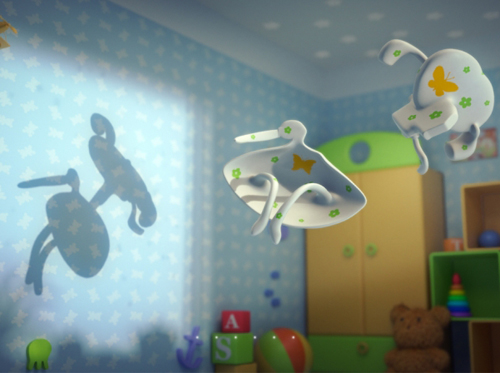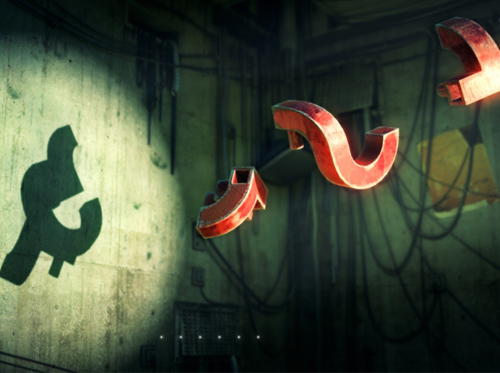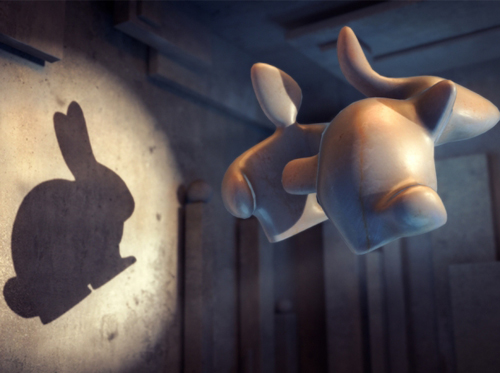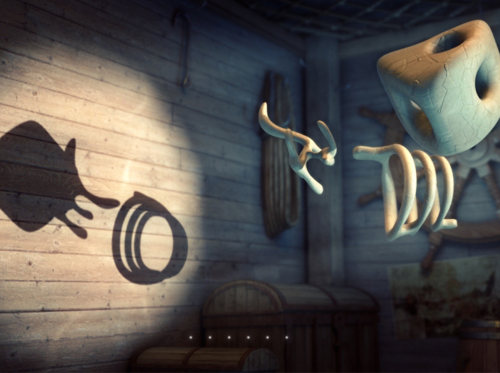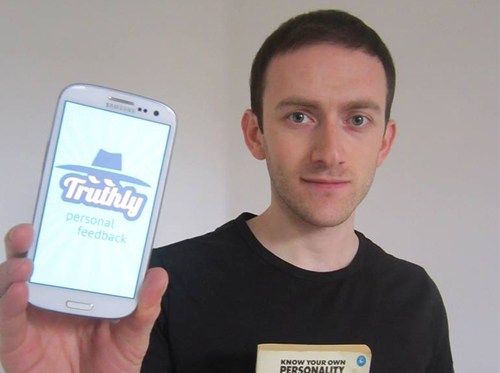In January, Triada Studio, leading computer graphics company on the Armenian market, launched Shadowmatic game on App Store.
It was included in App Store Editor’s Choice section in all the countries, and moreover, was recognized the best game of January by Apple. Shadowmatic also attracted the attention of international media. Not only leading magazines of the gaming industry but also mainstream media such as The Guardian, Washington Post, Time and others wrote covered the game.
Mediamax talked to Triada Studio Director Ara Aghamyan.
- When and how did you come up with the idea of developing Shadowmatic?
We first wished to develop games more than 10 years ago. At first, we were planning to a develop a big shooter for personal computers (PC). We worked on the project for a while but understood that we couldn’t manage to create such an ambitious project at that point. That’s why we decided to leave the large-scale projects for future and carry out a trial but complete program.
3-4 years ago, App Store was booming: thousands of games were developed, some of the games weren’t that interesting but had millions of downloads. We decided to create a gaming app. Technical Director of Triada, developer Bagrat Dabaghyan (I am convinced there is no other such specialist in the region) was developing a gaming “engine” for PC for many years. After the decision to change the platform, he started tailoring the “engine” to Apple’s iOS operation system.
Over that period, we started thinking what game to create. We had many ideas but finally we agreed on Shadowmatic considering it a very easy product which can be completed only within 3 months. In fact, the 3 months turned into 3 years.
The idea was being developed and improved during our work. One rotating object became 2, then 3 and the number of secrets grew.
Upon the announcement a year ago, the game evoked avid interest among gaming world. We learned from the comments made by gaming magazines that people would have difficulties playing without hints that’s why we decided to launch a system of hints which also took time.
When we were beginning the project 3 years ago, it was more experimental for us but it grew into a serious product over time. Looking back, I understand how hard our path was.
- The game was launched only a year later after the first announcement. Is it a common practice in the gaming industry?
- Some books on computer games marketing claim that it’s never early to announce the product even if it’s in the form of an idea yet. You should work with the media and present the work step-by-step. But we didn’t follow this “academic” path and showed an almost complete product planning to finish it within 2-3 months. But our forecasts didn’t come true and the game was launched a year later than the first announcement.
- Weren’t you afraid that after the announcement bigger companies could imitate the idea?
- Theoretically, there was such a risk but in reality, it’s almost impossible to repeat what we did on Shadowmatic. Besides, I think not a single serious company would imitate realizing that the original game would be soon launched with high-quality performance.
- In modern world, perhaps, promotion is as important as the original idea of the game and performance quality. In your case, Shadowmatic at once found itself in the center of attention of professional international media. Did it happen naturally or did you prepare for it?
- In fact, the game wasn’t launched in a way we had planned. We were going to inform the media about the day of launch and provide them the trial version to have the impression from the game and give their assessments on the day of the launch.
But everything went on differently. In summer 2014, Apple representatives contacted us. They said their editors liked our concept very much and they were going to give us some assistance upon the start. In autumn, Apple invited us to a meeting during which we thoroughly presented Shadowmatic. We said we wanted to place it on App Store in the second half of December, during Christmas.
They advised us not to hurry and organize the launch in early 2015. I think the reason was that it would be hard for them to give their full attention to Shadowmatic during Christmas.
In the final phase, we were working hard, and we presented the game to Apple only 3 days before the official launch. As a result, we didn’t work with the media beforehand and the publications were written only after the launch.
But Apple’s assistance exceeded all our expectations. On the day of the launch, Shadowmatic was placed on Apple Store’s Editor’s Choice section in almost all the countries. Naturally, it aroused the interest of not only users but also leading media outlets.
Upon Apple’s suggestion, we issued the game in 12 languages which considerably increased the volume of work a few weeks before the launch. Due to scarce time resources, we didn’t manage to launch the game in Armenian but Shadowmatic will be available in Armenian as well in the coming days.
By the way, the game features a number of Armenian “traces”. The map contains Armenian letters, and you can see Komitas’s image in one of the levels of the game. We learned recently that Chinese users tried to analyze the letters on one of the gaming forums and figure out what they would have to do with them. They saw some meaning and tried to figure out the conundrum of letters.
- Many people in Armenia are interested whether the game will be launched on other platforms, particularly, on Android.
- We are going to issue the game not only for Android, but also Mac, Amazon and PC. But unfortunately I can't specify the dates yet. We were planning all this, we just wanted to understand how successful the game would be. Now it’s already clear that it is interesting and we should continue.
- You said that the development of the game was more of an experimental step than a business project. Taking into account the success of the game now, are you going to consider the game development in terms of commerce?
- Yes, of course. Today, there are over 1mln 400 thousand apps on the App Store and 70% of them are games. We should create an exception thing to make money on the market. This time, we managed it and I hope it will happen again.
- On the whole, how many people worked over the game?
- We had a team of 4 - programmer Bagrat Dabaghyan, designer Arsen Avoyan, composer Sergey Melkonyan and I as a game producer. Of course, Triada’s potential and infrastructure also contributed to the development of the game but the team who did the 99% of the job comprised 4 people. I should also note that even though each of the 4 members of the team was engaged in his main job, we performed a number of other functions and took part in all the creative discussions. For instance, a programmer was engaged in various 2D and 3D matters, a musician took part in the discussions of visual issues etc.
- And how was Apple’s attitude? Did they treat you as equals, or did you feel that a small Armenian company dealt with one of the most powerful companies in the world?
- I have the impression that a country is not important for them. They are more interested in how much the product is appealing to them and users. They are quite positive and normal people, quite young - aged 25-40.
- What do you think are the main components of your success?
- Perhaps, professionalism is the first one. Our attitude to the results is the second. However, perfectionism in this work can have both a positive and negative effect; the positive one is that you are trying to create a high-performance product, and the negative is that you sometimes fail to stop and understand that “the best is the enemy of good”.
Ara Tadevosyan talked to Ara Aghamyan

17:29 | 24.09.25 | Articles
Jacopo Losso on Cross-Border Investments and Why Armenia Attracts Angels

